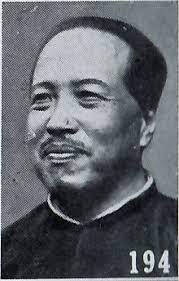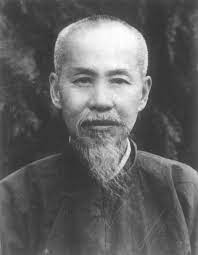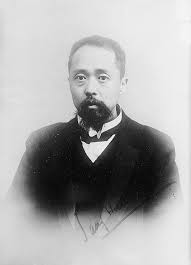Chang Chi 張繼 T. P'u-ch'uan 溥泉 Chang Chi (31 August 1882-1 5 December 1947), political figure, an anti-Manchu revolutionary and editor of the Min-pao who became an elder statesman of the Kuomintang and one of the few northern Chinese to achieve prominence in that party. He was a leading member of the right-wing Western Hills […]













